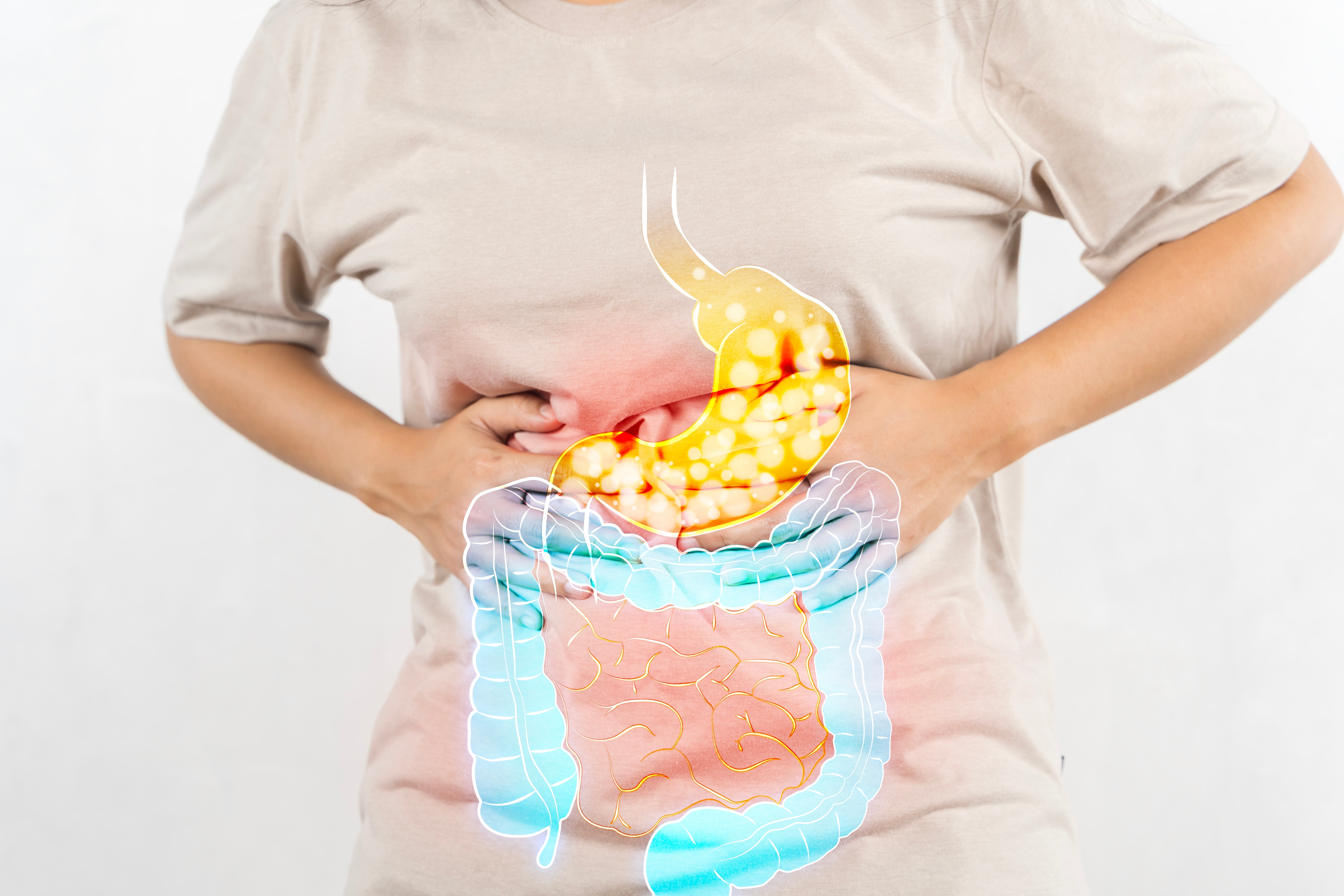Overview Of Constipation
Constipation is a common digestive issue characterized by infrequent, difficult, or painful bowel movements. It is generally defined as having fewer than three bowel movements per week or experiencing hard, dry stools that are challenging to pass. While occasional constipation is normal, chronic constipation can significantly impact daily life.
Symptoms of Constipation
- - Infrequent bowel movements (fewer than three per week). - Hard, dry stools. - Straining during bowel movements. - Feeling of incomplete evacuation. - Abdominal discomfort or bloating.
Causes of Constipation
- - Dietary Factors: Low fiber intake, inadequate fluid consumption, and a diet high in processed foods can contribute to constipation. - Physical Inactivity: A sedentary lifestyle can slow down bowel movements. - Medications: Certain medications, including opioids, antacids containing aluminum or calcium, antidepressants, and iron supplements, can cause constipation. - Medical Conditions: Conditions such as hypothyroidism, diabetes, irritable bowel syndrome (IBS), and neurological disorders like Parkinson's disease can lead to constipation. - Psychological Factors: Stress, anxiety, and depression can affect bowel function. - Ignoring the Urge: Regularly ignoring the urge to have a bowel movement can lead to constipation.
Risk Factors of Constipation
- - Age: Older adults are more likely to experience constipation. - Gender: Women are more prone to constipation than men. - Pregnancy: Hormonal changes and pressure from the growing uterus can lead to constipation. - Medications: Use of certain medications, such as opioids, antacids containing aluminum or calcium, antidepressants, and iron supplements, can cause constipation. - Medical Conditions: Conditions such as hypothyroidism, diabetes, irritable bowel syndrome (IBS), and neurological disorders like Parkinson's disease can lead to constipation. - Physical Inactivity: A sedentary lifestyle can slow down bowel movements. - Dietary Factors: Low fiber intake, inadequate fluid consumption, and a diet high in processed foods can contribute to constipation.
Prevention of Constipation
- - Diet: Consume a high-fiber diet rich in fruits, vegetables, and whole grains. - Hydration: Drink plenty of fluids, especially water. - Exercise: Engage in regular physical activity. - Routine: Establish a regular time for bowel movements and respond promptly to the urge. - Stress Management: Practice relaxation techniques to reduce stress.
Prognosis of Constipation
- With appropriate lifestyle modifications and, if necessary, medical treatment, most individuals experience relief from constipation. Chronic constipation may require ongoing management to prevent recurrence.
Complications of Constipation
- - Hemorrhoids: Straining during bowel movements can lead to hemorrhoids. - Anal Fissures: Hard stools can cause small tears in the skin around the anus. - Fecal Impaction: Severe constipation can result in a large, hard mass of stool that is difficult to pass. - Rectal Prolapse: Chronic straining can cause part of the rectum to protrude from the anus.
Related Diseases of Constipation
- - Irritable Bowel Syndrome (IBS): A functional gastrointestinal disorder that can cause constipation. - Hypothyroidism: An underactive thyroid can slow down bowel movements. - Parkinson's Disease: Neurological conditions can affect bowel function. - Diabetes: High blood sugar levels can lead to nerve damage affecting bowel movements. - Celiac Disease: An autoimmune disorder that can cause gastrointestinal symptoms, including constipation.
Treatment of Constipation
- **Dietary Changes**: Increasing fiber intake, staying hydrated, and consuming a balanced diet. - **Physical Activity**: Regular exercise can stimulate intestinal function. - **Medications**: Laxatives, stool softeners, or prescription medications may be used under medical supervision. - **Behavioral Therapies**: Cognitive-behavioral therapy can help address psychological factors contributing to constipation.
Generics For Constipation
Our administration and support staff all have exceptional people skills and trained to assist you with all medical enquiries.

Aluminium Hydroxide + Magnesium Hydroxide
Aluminium Hydroxide + Magnesium Hydroxide

Bisacodyl
Bisacodyl

Disodium Hydrogen Phosphate Dodecahydrate 24% + Sodium Dihydrogen Phosphate Dihydrate 54.22%
Disodium Hydrogen Phosphate Dodecahydrate 24% + Sodium Dihydrogen Phosphate Dihydrate 54.22%

Glycerine 100 %
Glycerine 100 %

Glycerol
Glycerol

Lactitol
Lactitol

Lactulose
Lactulose

Liquid Paraffin + Magnesium Hydroxide
Liquid Paraffin + Magnesium Hydroxide

Lubiprostone
Lubiprostone

Magnesium Hydroxide
Magnesium Hydroxide

Magnesium Sulphate inj
Magnesium Sulphate inj

Poly ethylene Glycol 3350 + Electrolytes
Poly ethylene Glycol 3350 + Electrolytes

Sennosides (Senna)
Sennosides (Senna)

Mineral Oil
Mineral Oil

Docusate Sodium
Docusate Sodium

Macrogol + Potassium Chloride + Sodium Bicarbonate + Sodium Chloride
Macrogol + Potassium Chloride + Sodium Bicarbonate + Sodium Chloride

Polyethylene Glycol
Polyethylene Glycol

Aluminium Hydroxide + Magnesium Hydroxide
Aluminium Hydroxide + Magnesium Hydroxide

Bisacodyl
Bisacodyl

Disodium Hydrogen Phosphate Dodecahydrate 24% + Sodium Dihydrogen Phosphate Dihydrate 54.22%
Disodium Hydrogen Phosphate Dodecahydrate 24% + Sodium Dihydrogen Phosphate Dihydrate 54.22%

Glycerine 100 %
Glycerine 100 %

Glycerol
Glycerol

Lactitol
Lactitol

Lactulose
Lactulose

Liquid Paraffin + Magnesium Hydroxide
Liquid Paraffin + Magnesium Hydroxide

Lubiprostone
Lubiprostone

Magnesium Hydroxide
Magnesium Hydroxide

Magnesium Sulphate inj
Magnesium Sulphate inj

Poly ethylene Glycol 3350 + Electrolytes
Poly ethylene Glycol 3350 + Electrolytes

Sennosides (Senna)
Sennosides (Senna)

Mineral Oil
Mineral Oil

Docusate Sodium
Docusate Sodium

Macrogol + Potassium Chloride + Sodium Bicarbonate + Sodium Chloride
Macrogol + Potassium Chloride + Sodium Bicarbonate + Sodium Chloride

Polyethylene Glycol
Polyethylene Glycol


